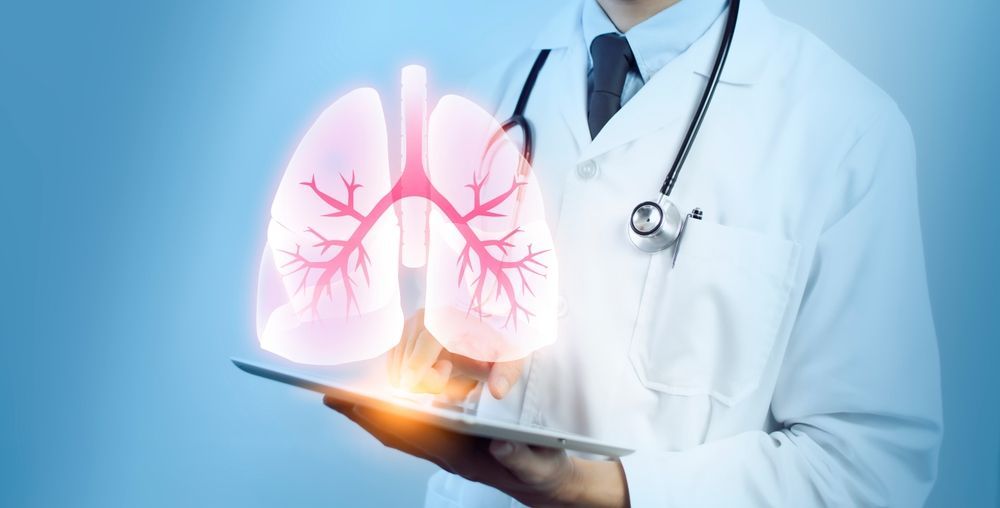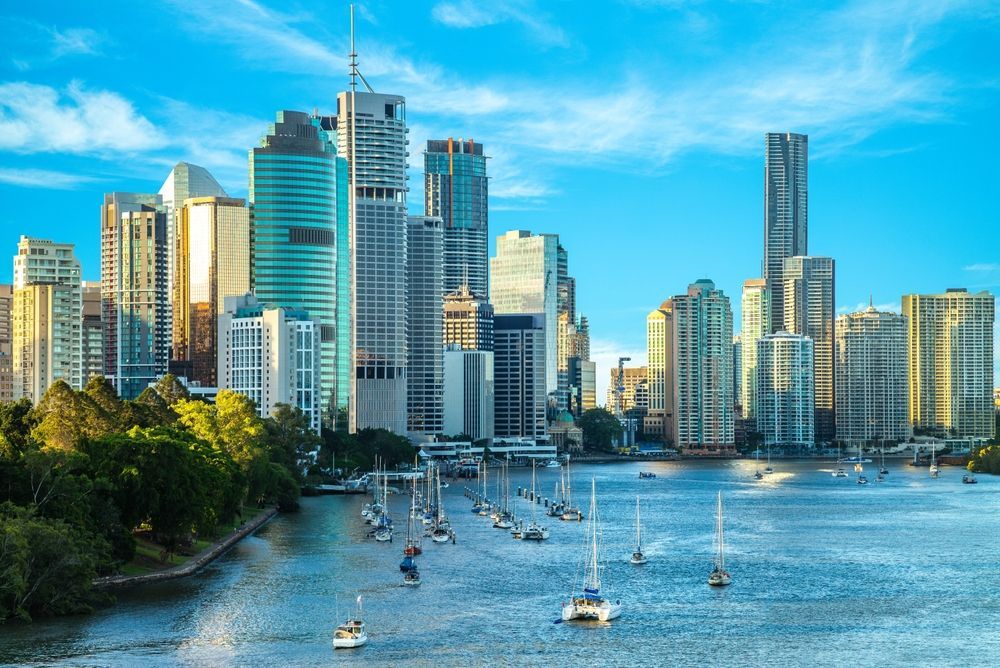The Role of Emergency Medicine Physicians in New Zealand: A Comprehensive Guide
As a trusted voice and thought-leader in the medical recruitment industry, we are often asked about career opportunities in different medical specialities and countries. One role which has seen significant interest lately is that of emergency medicine physicians in New Zealand. In this article we take a detailed look at this role, with a focus on the responsibilities, qualifications, and opportunities available.
Responsibilities of Emergency Medicine Physicians
Emergency Medicine Physicians play a crucial role in the healthcare system in New Zealand. The emergency department of each hospital is the entry point to hospital care for most patients presenting with acute conditions or injuries. It is open 24/7 and receives a large number of patients daily. Patients are either brought in by emergency ambulances, referred by GPs or simply turn up by themselves without prior referral. They present with a wide range of conditions and each requires careful assessment before referral to other medical specialists or discharge home. Litigation for medical malpractice is a high risk.
The emergency medicine physician is a high risk and fast paced role which requires a broad range of clinical skills, adaptability and resilience. Recognised as a distinct medical speciality in New Zealand, emergency medicine shares a college with Australia, the Australasian College for Emergency Medicine (ACEM). The ACEM is responsible for oversight of all emergency medicine specialist training programs, the specialist exam called Fellowship and continuing medical education (CME). Fellows use the qualification FACEM to indicate that they are fully trained and accredited emergency medicine physicians.
The responsibilities of this demanding profession encompass the clinical, leadership, educational and management spheres.
1. Clinical Leadership
First and foremost, emergency medicine physicians lead the clinical teams tasked with the management of patients presenting to the emergency department. The clinical team consists of FACEMs plus resident medical officers (house officers and registrars) who are a mix of pre-vocational and vocational trainees. Some of the medical officers are formal ACEM trainees at a basic or advanced level, but others are trainees in different specialities including anaesthesia and intensive care medicine.
Some general practitioners who specialise in emergency medicine are rostered to work shifts in emergency departments and are included in the clinical team working under the delegated authority of the FACEMs. The work schedule in most hospitals is shift based in contrast with the standard work schedule of the other medical specialties (ie the 40 hour week plus on call duties). Shifts may be 12 hours or less and include day, evening and night shifts.
During each shift, the emergency medicine specialist (FACEM) is responsible for the performance of the clinical team and must ensure that each patient presenting to the emergency department receives optimal medical care. The FACEM must define the goals for the team, delegate tasks appropriate to the ability of each doctor and and ensure that all team members have clear objectives, defined tasks and lines of communication. Finally the FACEM must assess clinical outcomes and re-evaluate team performance and procedures.
2. Clinical Patient Care
The emergency medicine physicians are responsible for managing all patients in the emergency department until discharge home or transfer to another hospital department. They manage patients who require urgent or emergency treatment and often present as undifferentiated emergencies with complex clinical presentations. They are responsible for the initial evaluation of the patient, the formulation of a diagnosis or differential diagnosis and a treatment plan which may result in the patient's discharge home or into the hands of another hospital specialist.
The job is demanding, often stressful, and requires considerable resilience, adaptability and expertise in different clinical fields. Duties frequently include:
- Rapid Decision Making: rapid decisions to decide the best course of action available in a medical emergency, often made with limited information.
- Life-saving Interventions: perform emergency resuscitation procedures and interventions to stabilise patients whilst awaiting transfer to intensive care units.
- Procedural competency: capabilities to perform a range of clinical interventions including central line insertion, arterial blood sampling, ultrasound, lumbar puncture, thoracotomy, arterial line placement and wound suturing.
- Liaising with other Departments: co-ordinate with other departments and specialists within the hospital setting for comprehensive patient care.
3. Service Design and Development
Emergency medicine physicians have an integral role in the design and implementation of emergency medicine services. This includes the modeling and remodeling of services according to the patient demographics and case load of the emergency department and the clinical outcomes achieved. This requires performing audits of service indicators and adjusting procedures accordingly. It may involve the development of new skills to be performed in the emergency department or the requirement for new equipment or technologies.
4. Clinical Supervision and Assessments
Emergency medicine physicians are responsible for the clinical skills development of the resident medical officers, FACEM trainees and non FACEM trainees alike. They provide clinical instruction in the assessment and management of all types of emergencies and clinical presentations, the performance of resuscitation and relevant procedures and conduct formal and informal assessments of the progress of their protegees.
5. Medical Education
Undergraduate and postgraduate education in emergency medicine is provided by emergency medicine physicians working in both clinical and academic positions. Medical students from the universities of Otago and Auckland traverse both islands of New Zealand for clinical attachments at emergency departments, rural and urban, where they are enrolled for their tuition in the speciality.
FACEMs work on the vocational training program and the CME activities with the ACEM to devise some of the world's most prestigious specialist education and qualifications in the field.
6. Mentorship
Emergency medicine is a highly demanding discipline which provides constant variety and challenges. Medical students and junior doctors contemplating or embarking on this career pathway benefit from the
mentorship which established emergency medicine physicians can offer.
Qualifications Required
To become an emergency medicine physician in New Zealand, a robust 4 stage educational pathway is necessary:
- Medical Degree: This is a basic requirement, usually taking 5- 6 years of study.
- Pre-Vocational Training: This follows the medical degree and involves working in a hospital setting under supervision rotating through a variety of surgical and medical specialities for 2 years.
- Vocational Training: Finally, a further 5 years of specialist training in emergency medicine is undertaken followed by the fellowship exams of the Australasian College for Emergency Medicine (ACEM). Fellows use the qualification FACEM to indicate that they are fully trained and accredited emergency medicine physicians.
- Continuing Medical Education: This career long stage of learning is essential to maintain specialist accreditation. The physician enrolls in the ACEM CME program to obtain a minimum number of credits annually.
Opportunities in New Zealand
If you are an emergency physician, why consider New Zealand? Whilst there are many openings for physicians qualified in this field across the world, New Zealand comes out as one of the leading destinations. Here is why:
- Career Opportunities: a high demand for emergency medicine physicians in both urban and rural settings has created a wide range of career opportunities to suit all interests.
- Competitive Salary Packages: competitive salaries alongside robust benefits and job security.
- Lifestyle: In New Zealand, there's an unparalleled work-life balance, allowing professionals to fully enjoy the country's stunning landscapes and dynamic cultural environment.
Given the above, it is clear that a role as an emergency medicine physician in New Zealand offers a rewarding and fulfilling career, both professionally and personally. We hope this post has provided valuable insight into this field. If you are interested in learning more about such opportunities or you are considering a career move, please contact us. We are here to help connect exceptional talent with outstanding opportunities!
In the words of Henry Ford, "Coming together is a beginning; keeping together is progress; working together is success". Let's take that first step together towards your career success.
Further Insights
Why not take the next step and explore the career possibilities available to you today?
Here are some resources to assist your job search.
- Medical Job Search Tips: Use the content here to learn everything you need to know about optimal searches for medical jobs in different geographical locations and the physician recruitment processes.
- Medical Jobs by Specialty: Explore medical jobs around the world and learn about the various options and remuneration packages
- Crafting a Standout CV for Emergency Medicine Careers in New Zealand
- Negotiating Job Contracts: Essential Tips for Emergency Medicine Physicians
- Explore Emergency Medicine Physician Jobs in New Zealand
- The Rising Demand for Emergency Medicine Physicians in New Zealand What You Need to Know
- The 4 Stages of Medical Education in Australia and New Zealand
- New Zealand | Residency, Visas and Citizenship for Doctors and Dentists
- New Zealand | Understanding Medical and Dental Employment Contracts
- Practise Medicine and Dentistry in New Zealand - A Guide to the Healthcare System
19 November 2024
Share this post on Social Media
Leave a Comment
SEARCH JOBS
Ready for a change? Whether you’re looking for higher compensation, greater autonomy, a better work-life balance, or just a change in scenery, we have job opportunities in wonderful locations across the world. Start your medical or dental job search today and embark on your next career move.
SIGN UP FOR JOB ALERTS
We believe everyone deserves to find their dream job. Be the first to hear about new practice opportunities in exciting locations across the world Simply sign up for job alerts in your chosen field, and we will email you when a new job in your specialty becomes available.


















